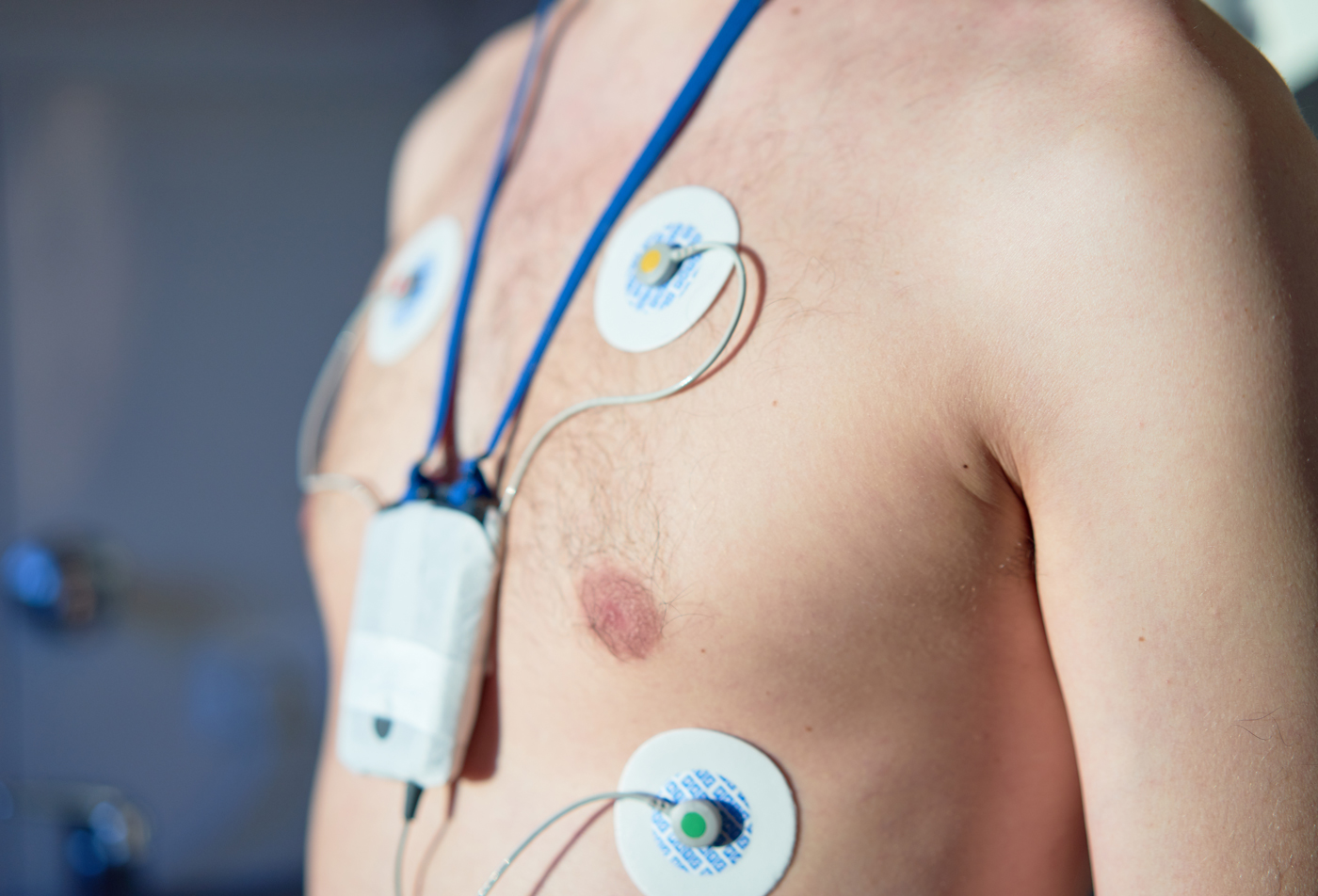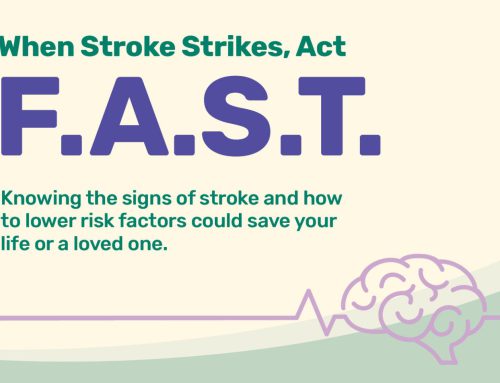When Your Heart Beats Irregularly, Now What?
Published August 23, 2023

If you’ve been feeling as if your heart is fluttering or quivering inside your chest, you could be experiencing atrial fibrillation, or an irregular heartbeat.
This may not seem serious, especially if the irregular beat is inconsistent, or comes and goes. But atrial fibrillation, also known as AFib, could lead to blood clots, heart failure, stroke and other serious heart complications, according to the American Heart Association. When the heart pumps irregularly, as it does during AFib, it allows blood to pool in the atria, which can be very dangerous. Clots can form in pooled blood, and clots can cause a stroke.
Other symptoms associated with AFib include chest pain, shortness of breath, lightheadedness or weakness or fatigue. However, sometimes AFib does not present with any symptoms at all, so it’s important to talk to your healthcare provider if you have family history of AFib and to report any symptoms you feel, the earlier the better. If AFib is left untreated, your risk of stroke increases fivefold, the American Heart Association says.
Heart tests to detect AFib
Your healthcare provider may suggest that you have an electrocardiogram to record your heart’s electrical activity.
Holter and event monitors are small, portable, battery-operated electrocardiogram devices that will record your heart’s electrical activity for a period of time, say, a couple of weeks, as you do your normal activities. From these recordings, doctors can diagnose an irregular heartbeat and, after diagnosis and start of treatment, also determine if medications are working.
The advanced technology of a Patch Holter Monitor is available for patients at Coquille Valley Hospital and Clinic. Ask your doctor whether it’s the right heart test for you.
Treatment options
According to the National Institutes of Health’s National Heart, Lung, and Blood Institute, treatment for AFib includes lifestyle changes, medication and possibly surgery to restore your heart’s normal rhythm.
Heart-healthy eating and increased exercise, plus limiting alcohol intake and managing stress are lifestyle changes that will benefit your heart. Your doctor may prescribe medication, too, such as a beta blocker or a blood thinner. A beta blocker helps to slow the pumping rate of your heart’s lower chambers, while a blood thinner helps to prevent clots. If medicines don’t work, surgery may be necessary.
Talk to your healthcare provider about any of your heart health concerns, and if your heart beats irregularly, share this development as soon as possible.
Subscribe to our monthly emails for Your Well-Being! Get health and wellness tips, hospital news, staff spotlights, career opportunities, our cafe menu and more, sent right to your inbox!
DISCLAIMER: No content on this website, regardless of date, should be used as a substitute for direct medical advice from your primary care provider.




